Quanta
-

The Physicist Who Glues Together Universes
Renate Loll has helped pioneer a radically new approach to quantum gravity. She assumes that the fabric of space-time is a blend of all possible fabrics, and she has developed […]
-
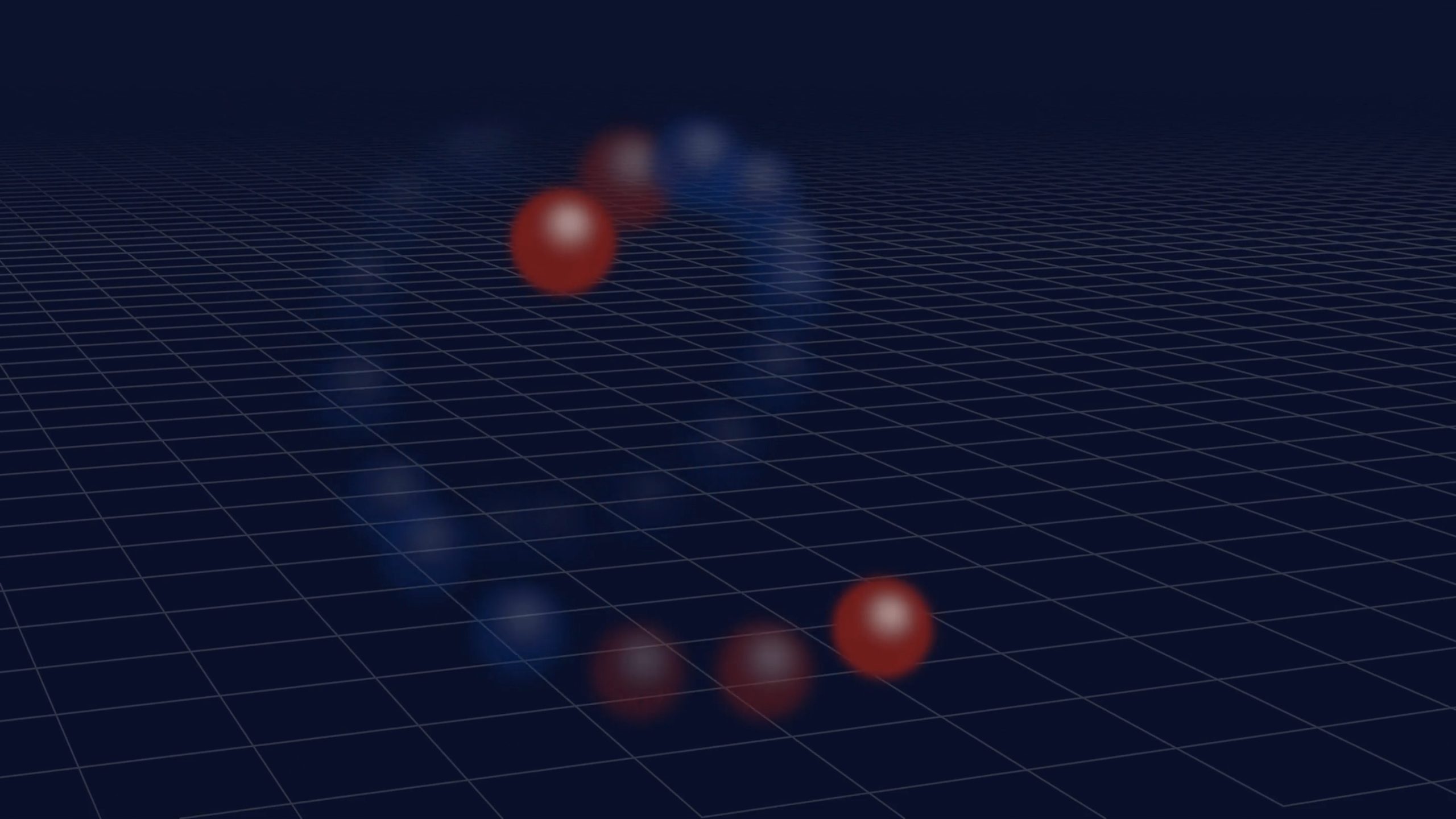
Physicists Create Elusive Particles That Remember Their Pasts
In two landmark experiments, researchers used quantum processors to engineer exotic particles that have captivated physicists for decades. The work is a step toward crash-proof quantum computers.
-

A New Idea for How to Assemble Life
If we want to understand complex constructions, such as ourselves, assembly theory says we must account for the entire history of how such entities came to be.
-

Why Mathematicians Re-Prove What They Already Know
It’s been known for thousands of years that the primes go on forever, but new proofs give fresh insights into how theorems depend on one another.
-
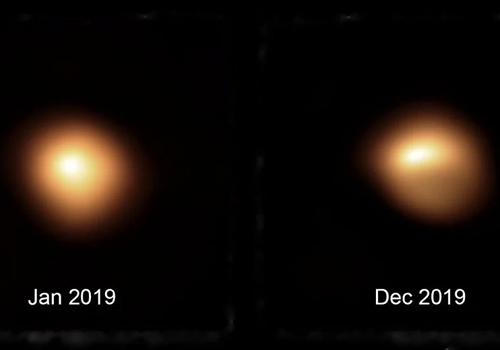
A New Kind of Symmetry Shakes Up Physics
So-called “higher symmetries” are illuminating everything from particle decays to the behavior of complex quantum systems.
-
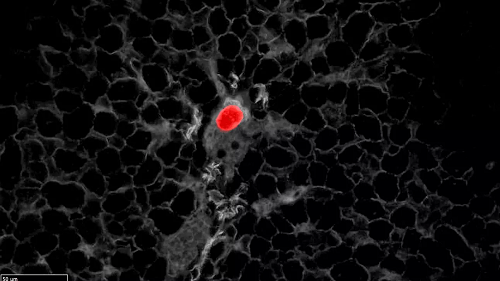
Primitive Asgard Cells Show Life on the Brink of Complexity
As researchers race to cultivate more of the intriguing cells from the deep seafloor, the few cells now growing in labs are giving us our best glimpses of the forerunners […]
-

Mathematicians Find Hidden Structure in a Common Type of Space
In 50 years of searching, mathematicians found only one example of a “subspace design” that fit their criteria. A new proof reveals that there are infinitely more out there.
-
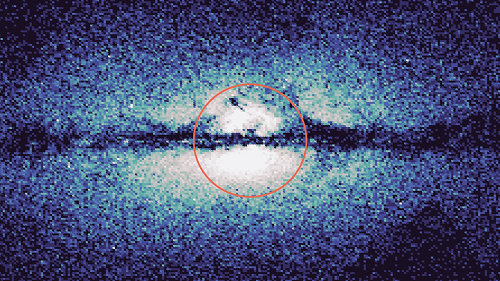
Astronomers Dig Up the Stars That Birthed the Milky Way
There once was a cosmic seed that sprouted the Milky Way galaxy. Astronomers have discovered its last surviving remnants.
-
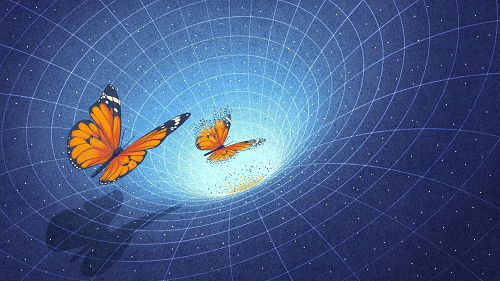
Wormhole Experiment Called Into Question
Last fall, a team of physicists announced that they had teleported a qubit through a holographic wormhole in a quantum computer. Now another group suggests that’s not quite what happened.
